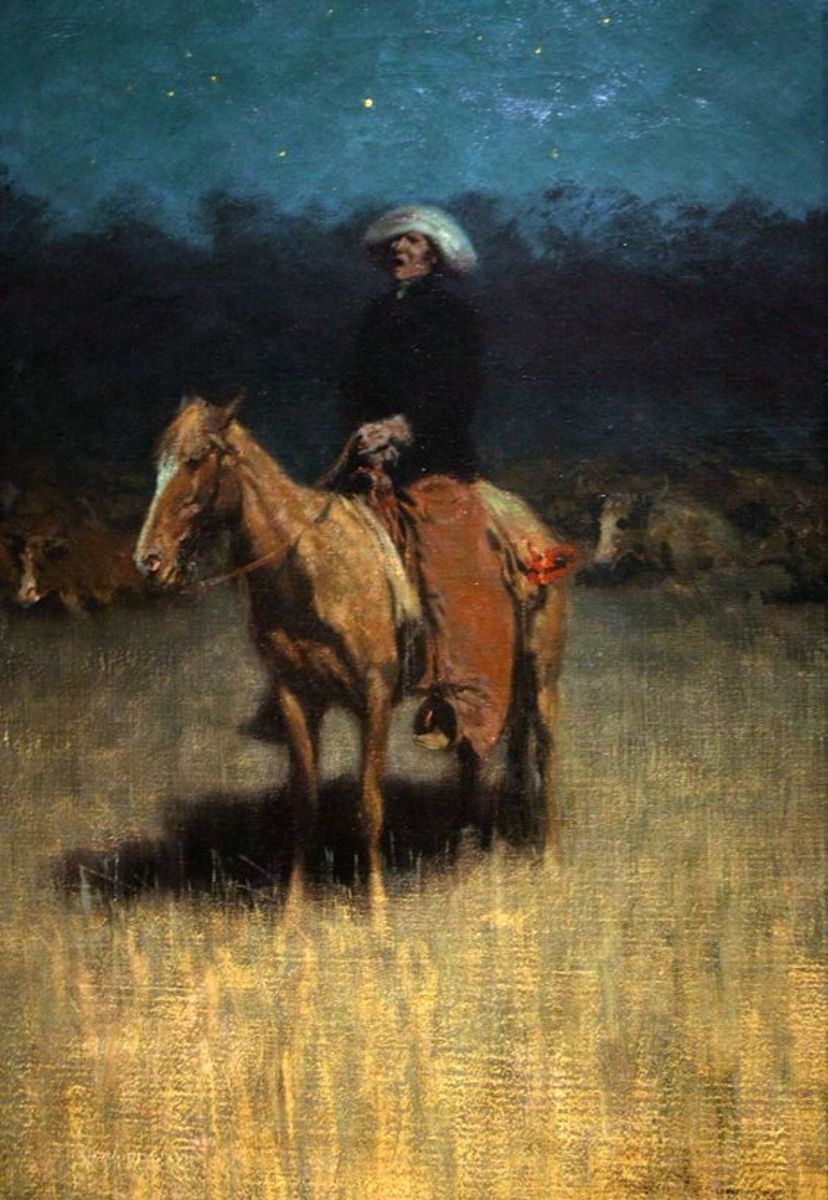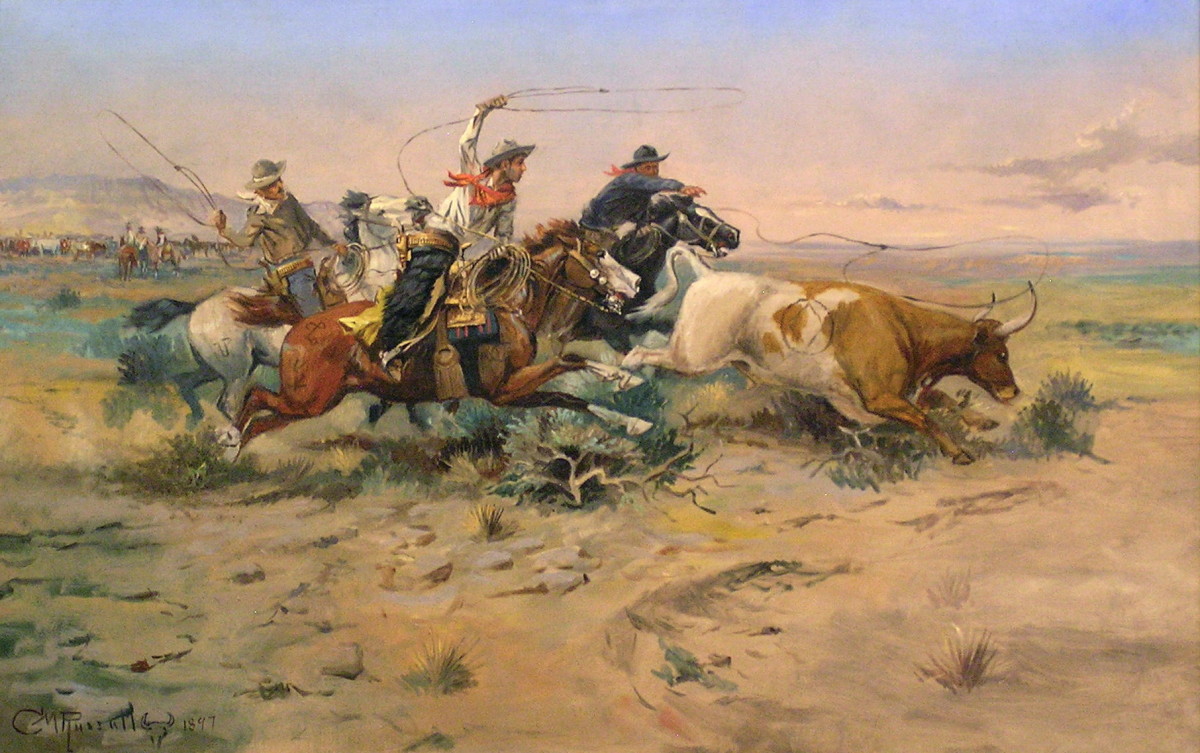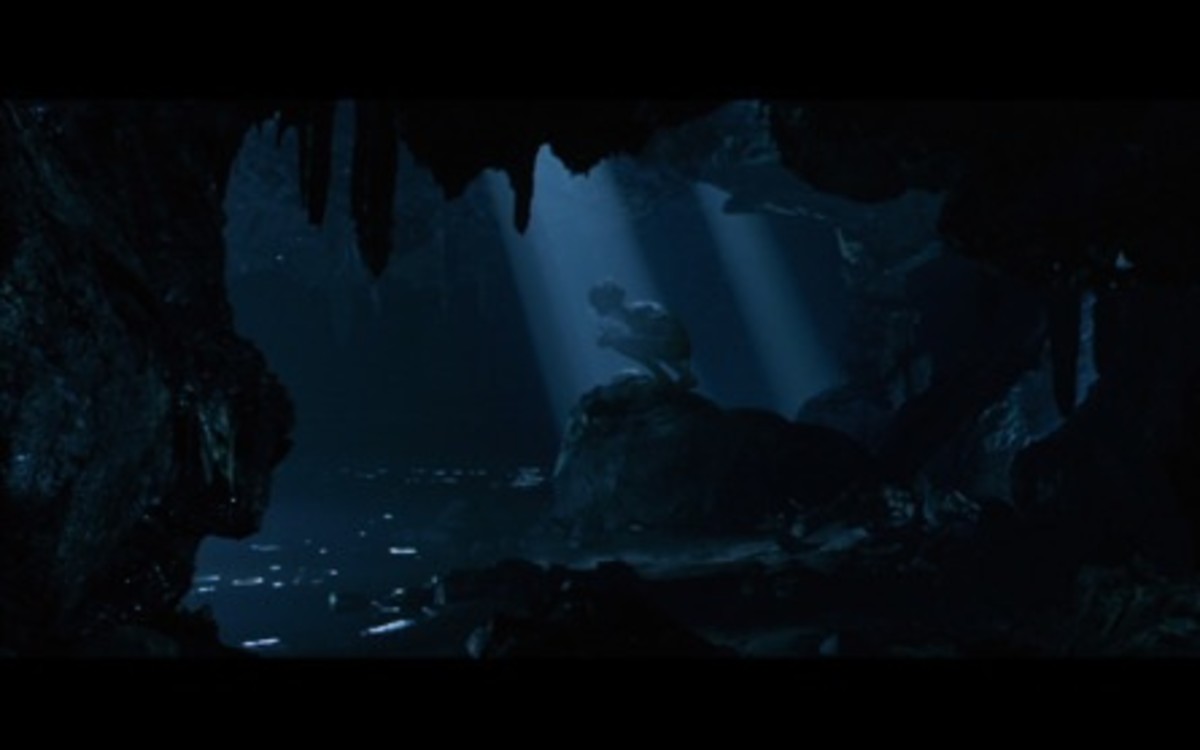Space Westerns

What is a Space Western?
As both a published author and an avid reader, the Space Western is, without a doubt, one of my favorite sub-genres of science fiction. Bringing the frontier of the American west to the frontier of space, Space Westerns often feature a number of elements which might otherwise seem more at home in the 1880's– colonies and villages, small towns of brick and wood, horses, train robberies, six shooters and showdowns. Unlike the more ordinary mainstream forms of science-fiction like Star Trek (military SF,) Battlestar Galactica, (space opera) or Inherit The Stars (hard SF) Space Westerns operate typically from a base of more traditional and romantic elements, often projecting rim colony societies of simple families, well to-do gentlemen, drunken cowboys and fly-by-night spacemen into a universe of vast and unknown possibility that lingers at the edges of the mind like the old untamed wildernesses of the American west. Space itself becomes less important than the people and the planets that inhabit it, and the vast void of the unknown becomes instead an endless wilderness which hangs at the edge of everything, a frontier into which few people have ever dared to journey– and even fewer have returned from.
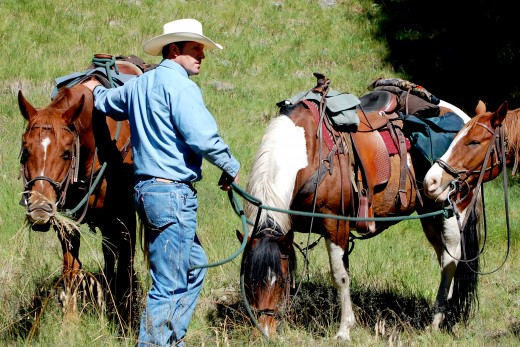
What Is Not A Space Western?
The elements which typically compose a Space Western are at times shared by other genres and sub-genres, most notably those which utilize elements from the American west (Historical Fiction, Weird West, Horror Westerns and Steampunk.) The most critical difference between Space Westerns and the contributions to these other sub-genres however is that, while all of the aforementioned other genres typically take place in the old west (or time periods associated with or chronologically near to it, like the industrial revolution) the Space Western takes the elements of the American west and places them against a futuristic, science fiction backdrop. Instead of aliens abducting cowboys (Weird West), or cowboys fighting steampowered monstrosities (Steampunk), Space Westerns place cowboys on other planets and mix them with the kind of high technology that they used to get there (i.e. spacecraft.)
Examples From Popular Culture:
Flying at the forefront of the Space Western sub-genre is an awesome little series known as Firefly. Clocking in at 14 episodes, this contribution by the masterful Joss Whedon originally aired in 2002, but has since achieved a sort of cult status among sci-fi fans and steampunkers, rising enough in popularity to give birth to a series of graphic novels and even a full length motion picture film. As far as Space Westerns go, Firefly is perhaps the most direct, featuring elements like saloons and covered wagons side-by-side with futuristic weaponry and spaceships in nearly every episode. It’s also a fabulous contribution to the whole of science fiction as well, and definitely worth checking out.
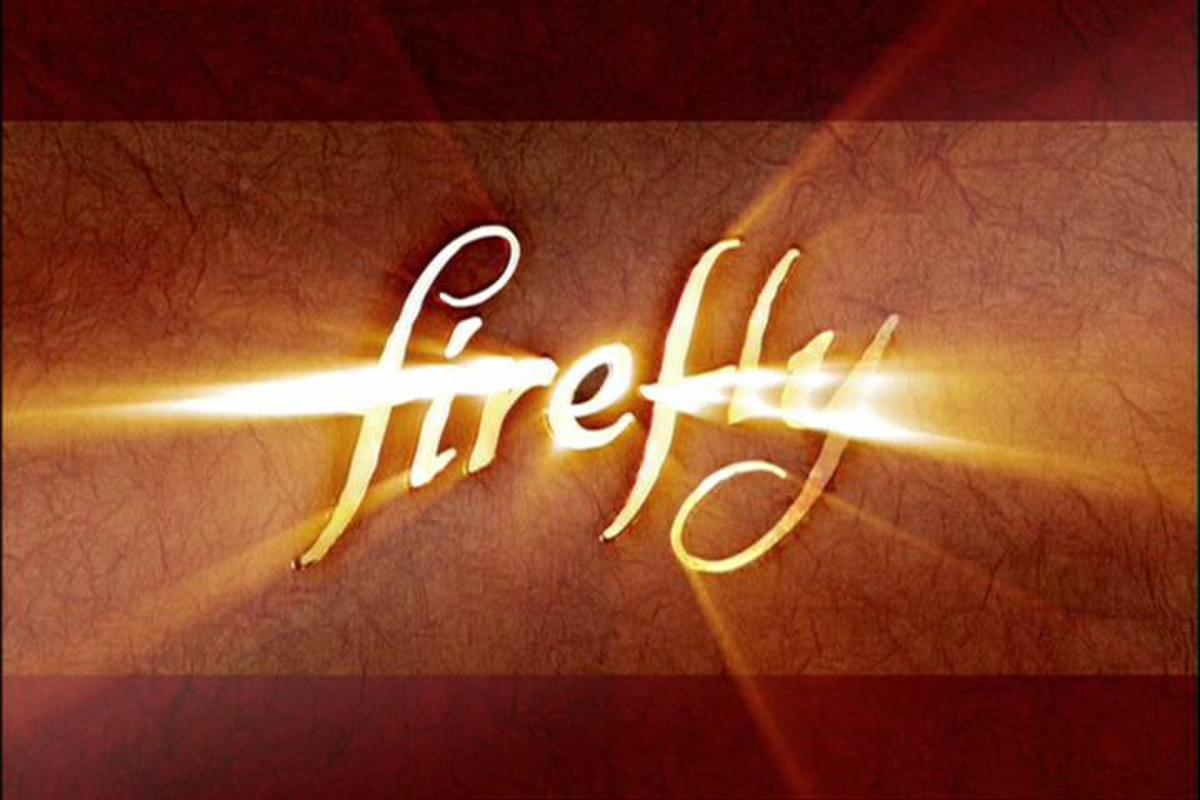
Cowboy Bebop is another powerful contribution to the Space Western
sub-genre, bringing viewers into the adventures of a single ship of
bounty hunters kicking around from one corrupted dust ball to another in
a solar system that has been almost wholly colonized. As a Space
Western, it mixes elements traditionally associated with the old west
(like bounty hunters, poker games and saloon women all too eager to roll
drunks for their money) into a futuristic backdrop that is thoroughly
sci-fi.
Though different in some fundamental respects to other
contributions, Westworld (1973) can be seen as another classic example
of the Space Western sub-genre. Set at a resort colony where the guests
can live out an idealized version of the American west without the
danger (or the dysentery,) Westworld ultimately turns out to be a death
trap haunted by robotic cowboys intent on murdering the men and women
they were built to serve.
Rounding out the videogame
contributions to the Space Western sub-genre are two incredible works of
interactive art known as Gunman Chronicles and the ever popular
Starcraft. Both feature an American Civil War (or post-American Civil
War) themed setting rich in cowboy-attitudes and the drawls of the
south. While more classical elements (like horse-drawn wagons, train
robberies and six-gun shootouts) don’t figure into either of these
games, the outfits, uniforms, attitudes and accents are straight out of
the American West.
Other less prominent examples of the Space
Western sub-genre and its place within our culture often include Star
Wars, (most notably for the appearance and mannerisms of characters like
Han Solo and Boba Fett,) and the original Star Trek (which was pitched
by Gene Roddenberry as a Space Western, or “Wagon Train to the stars.”
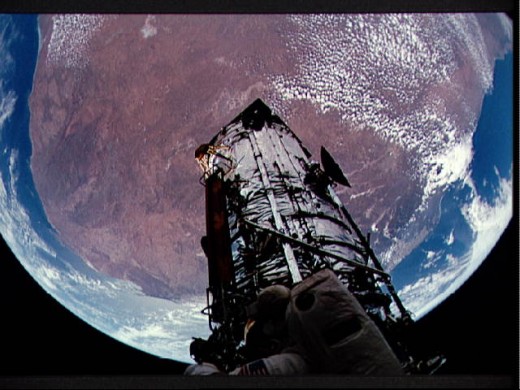
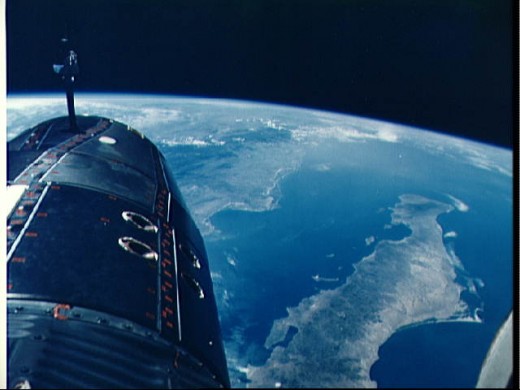
Conclusion:
As a whole, the Space Western sub-genre is both creative and full of unimaginable potential. Though it has been targeted as anachronistic and as a genre that merely recycles elements and requires no inherent creativity to write, it is clear that rather the opposite is true. Space Westerns offer a chance to explore the future in a way that revisits the past and, quite possibly, projects a vision of the future that just might come to pass, should poverty, ingenuity, practicality and the pioneering spirit which was so powerful in the American west, follow humanity when we do eventually carve our way into the depths of the stars.



